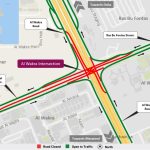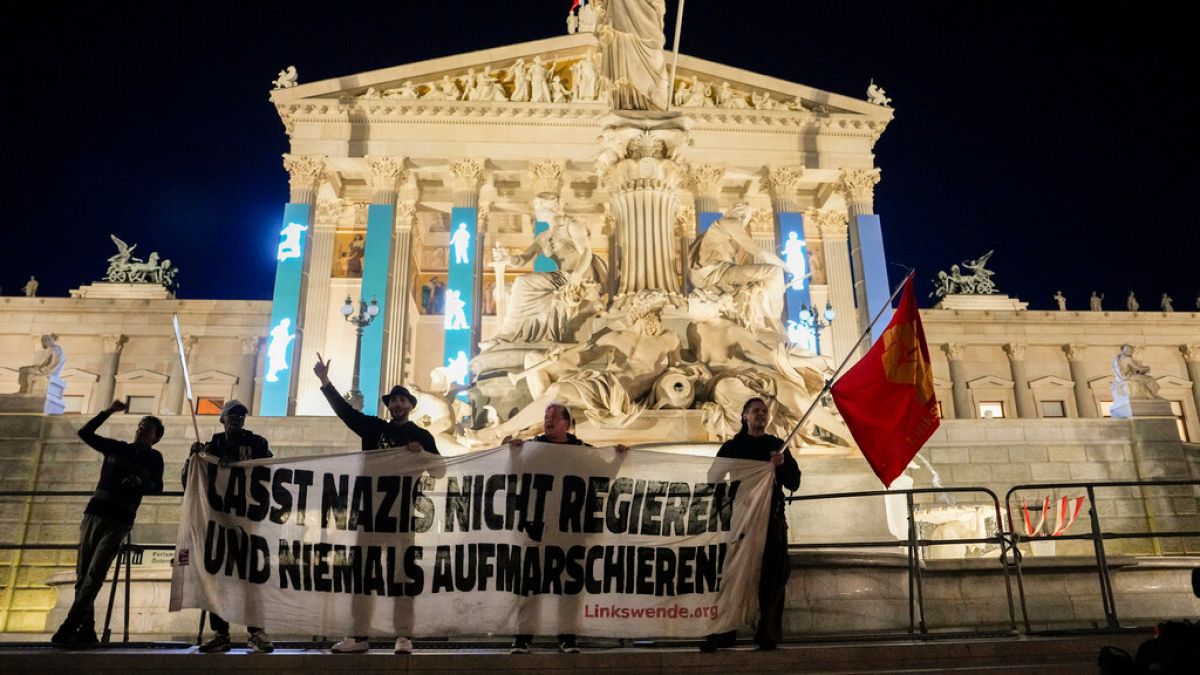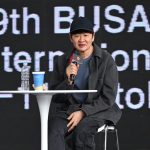On Thursday, thousands of protestors gathered in Vienna to rally against the far-right Freedom Party (FPÖ) following their victory in the national elections. The FPÖ, led by controversial leader Hebert Kickl, won 29% of the vote, marking the first time the party has emerged victorious in Austrian history. The protest, attended by around 25,000 people, aimed to urge all Austrian parties, particularly the centre-right People’s Party (ÖVP), not to form a coalition with the FPÖ. The FPÖ, known for its eurosceptic and anti-immigration platform, would need to enter into a coalition government in order to lead the country, something that has not happened since World War II.
Austria’s other political parties, including the Social Democratic Party (SPÖ), the Green party, and the liberal NEOS, have ruled out forming a coalition with the FPÖ. The ÖVP, who scored 26% of the vote and are a kingmaker, have opened the door to collaborating with the FPÖ on the condition that Hebert Kickl is not part of the government. Kickl, a controversial figure in Austrian politics, has expressed his desire to be part of a future government, further fueling opposition to a coalition with the FPÖ. Protestors at the demonstration held signs saying “it’s Thursday again,” referencing past demonstrations against the FPÖ dating back to 2000.
The FPÖ has previously been part of Austria’s government twice as a junior partner in a coalition, but this time, they have the opportunity to lead a potential coalition. President Alexander Van der Bellen has initiated talks with the leaders of all parties, starting with Kickl on Friday. The president traditionally invites the leader of the majority-winning party to form a government, but he is not obligated to do so. Van der Bellen has stated he will not automatically give the task of forming the new government to the FPÖ leader, raising uncertainty about what an alternative coalition would look like. The lingering question remains whether the FPÖ will be able to form a coalition government and lead Austria for the first time since World War II.
The FPÖ’s victory in the national elections has sparked concern among many Austrians, leading to the mass protest against the party’s potential role in the government. The party’s promise to boost Austria’s economy through anti-immigration measures and its close ties to the Kremlin have fueled opposition from various political parties and the public. The protest in Vienna, attended by thousands, called on all Austrian parties to refrain from entering into a coalition with the FPÖ. Opposition to a coalition with the FPÖ stems from the party’s controversial leader, Hebert Kickl, and his history of provocative statements and actions that have sparked backlash from the public.
The FPÖ’s emergence as the victor in the national elections has put pressure on the ÖVP, the SPÖ, and other political parties to navigate a complex political landscape. While the ÖVP has left the door open to collaborating with the FPÖ, the condition that Kickl not be part of the government has sparked further debate and uncertainty. As President Van der Bellen engages in talks with party leaders, the future of the government remains uncertain, with the FPÖ potentially taking on a leading role in the coalition. The protests in Vienna and the opposition from various political parties underscore the deep divide within Austrian politics and the challenges ahead in forming a stable government that represents the interests of all Austrians.
Overall, the protest in Vienna signifies a growing resistance against the far-right party’s potential role in the government following their historic victory in the national elections. The mass demonstration, attended by thousands of people, emphasized the importance of unity among Austrian political parties to prevent the FPÖ from entering into a coalition. With President Van der Bellen leading talks with party leaders, the future government of Austria hangs in the balance as competing interests and ideologies clash. As the country grapples with the prospect of a far-right-led coalition, the protests serve as a powerful reminder of the importance of upholding democratic values and ensuring that the government reflects the will of the people.










